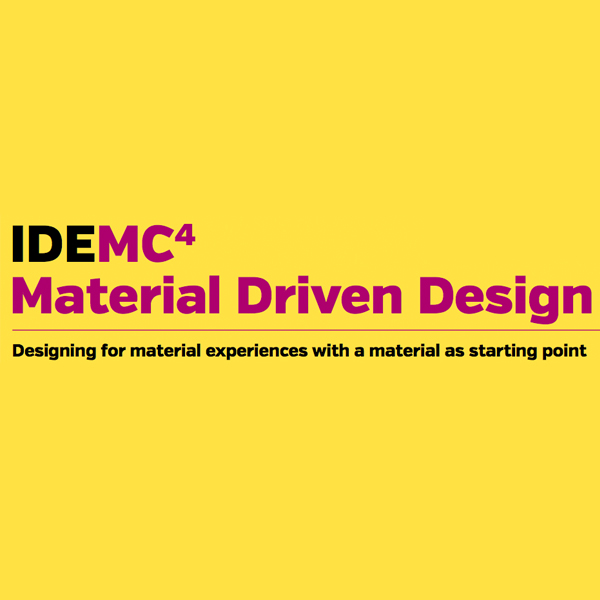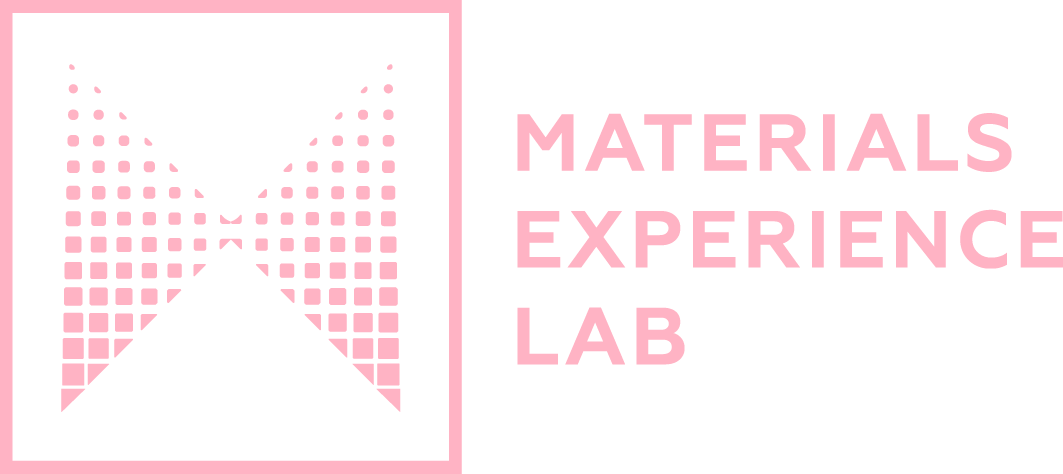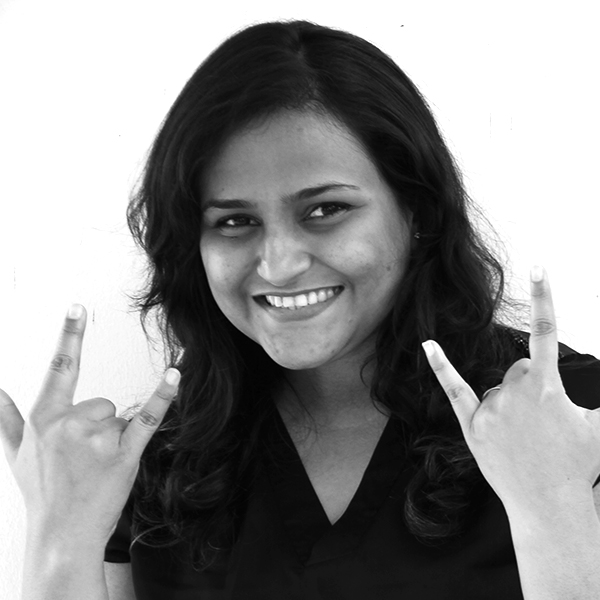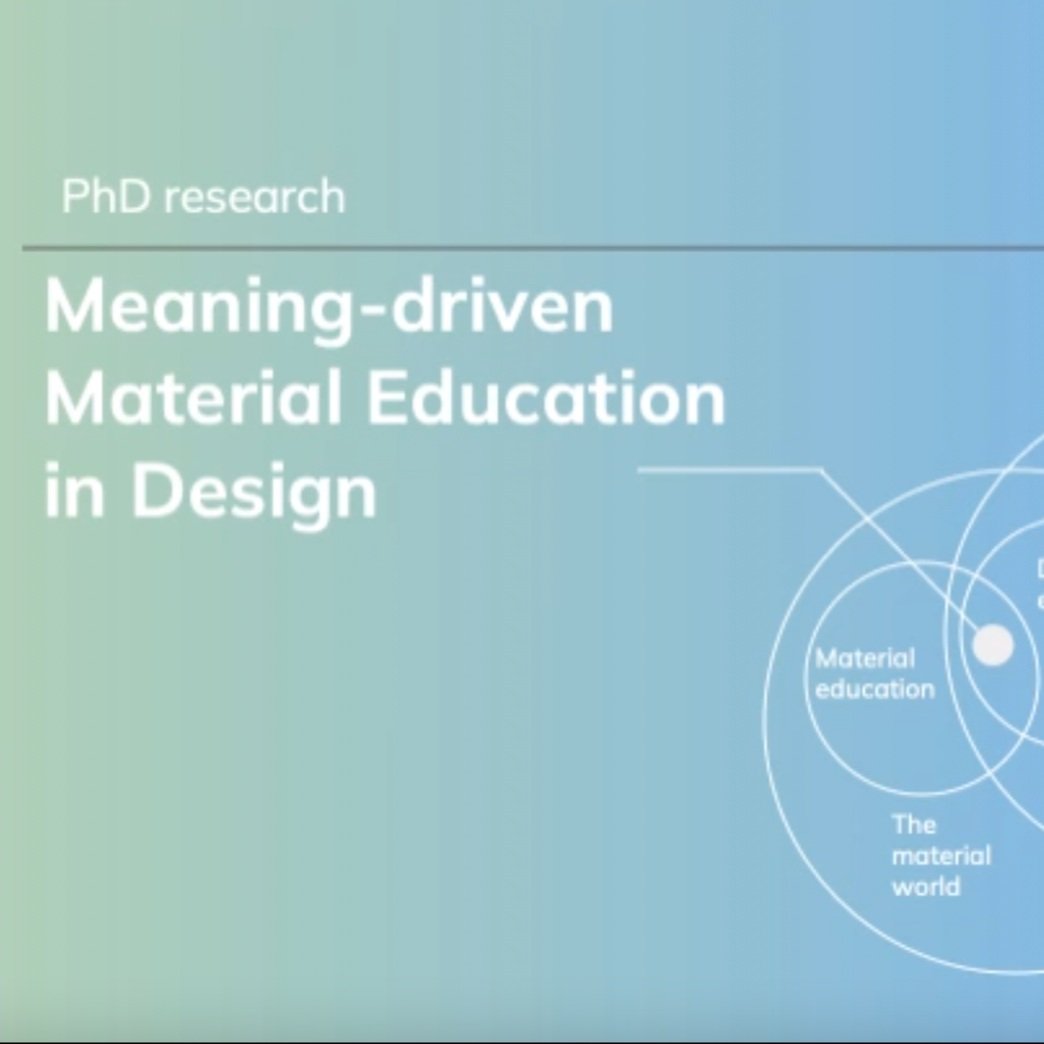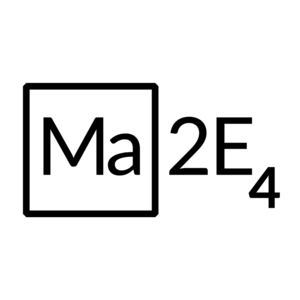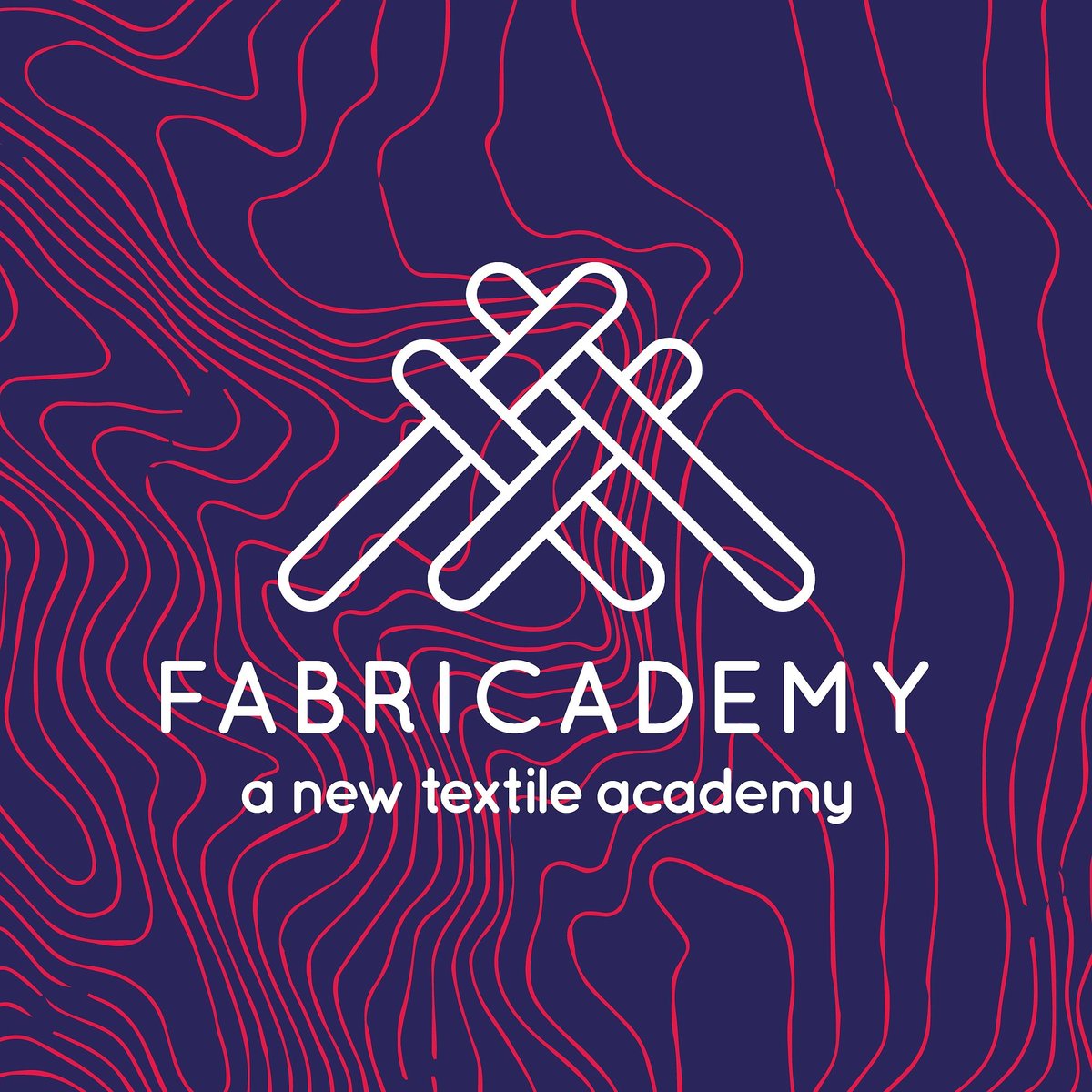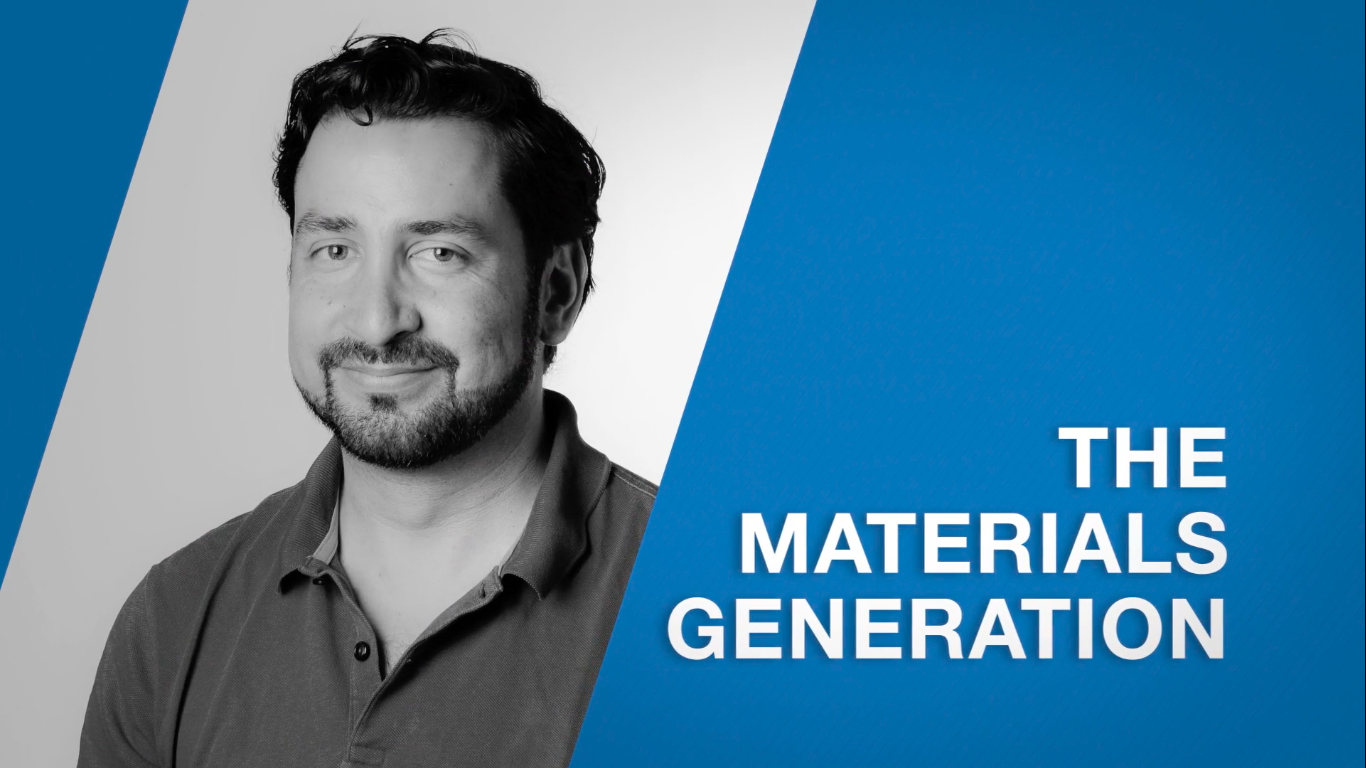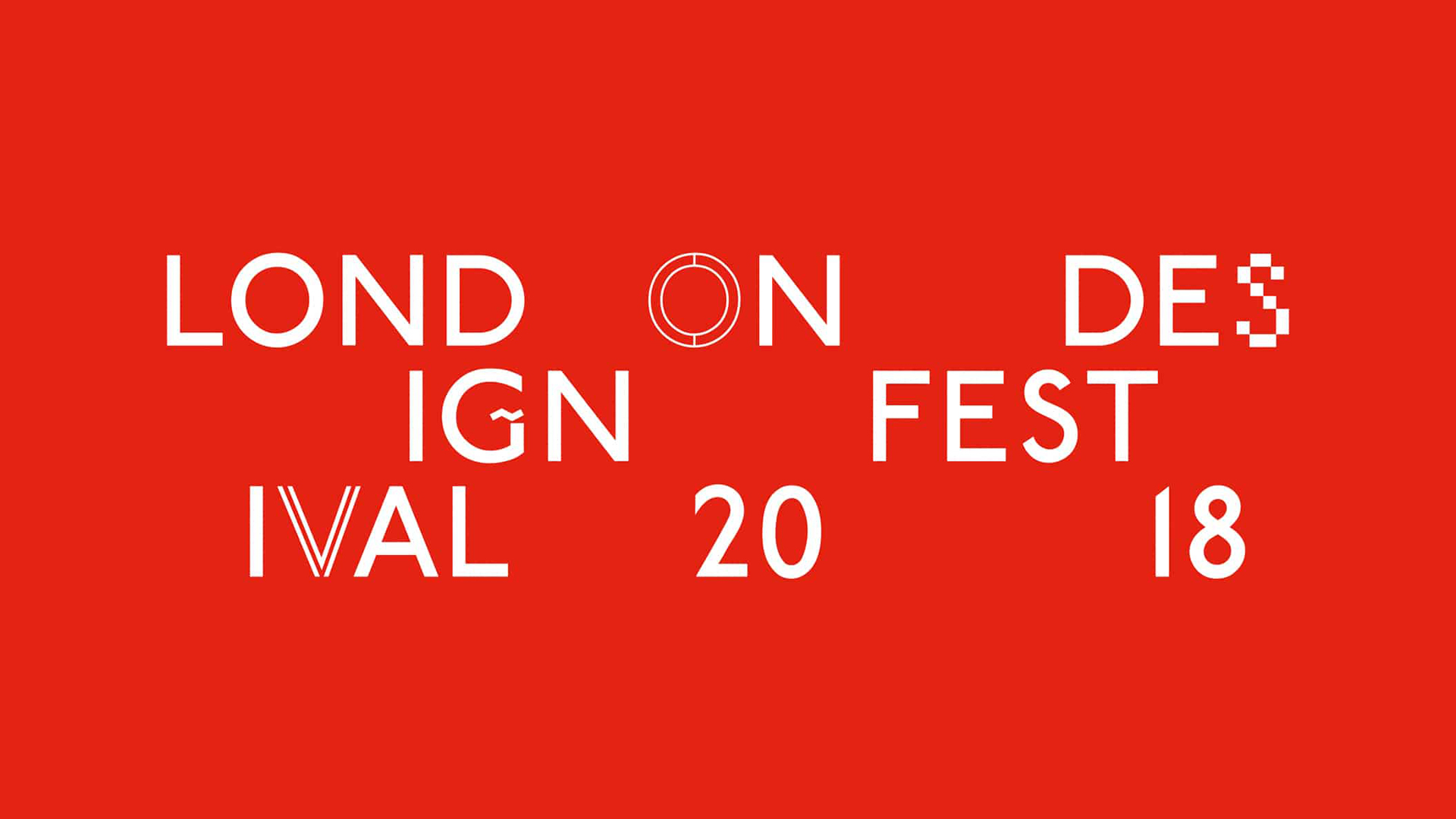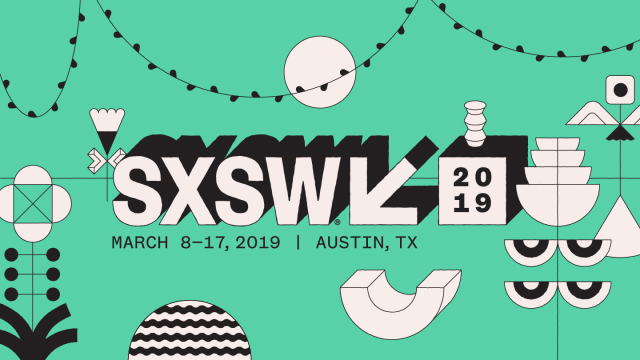Random Posts
- Jiwei Zhou
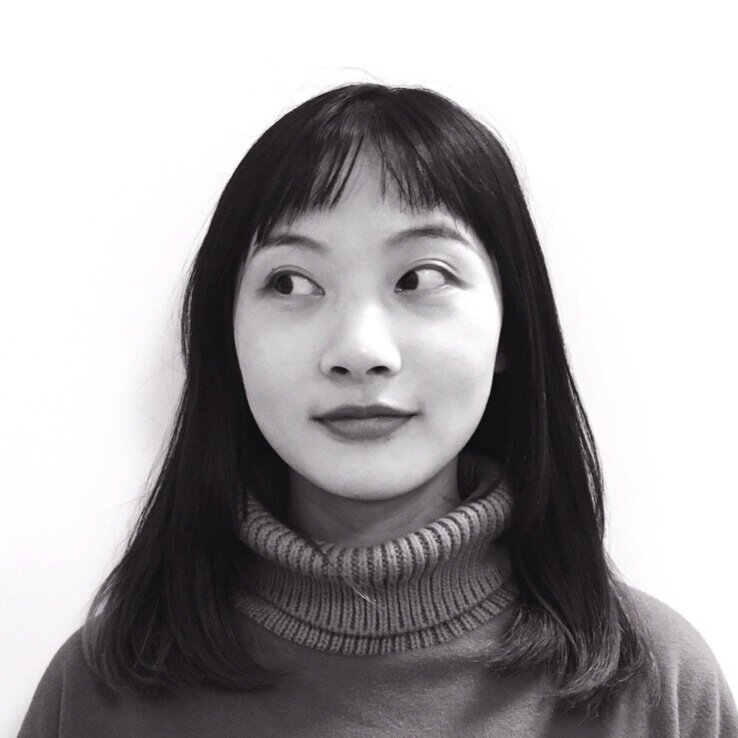
JIWEI ZHOU
PhD Candidate - Delft University of Technology, The Netherlands
Instagram: @jiwei_zhou_ @the_tea_recipes
SUPERVISORS
Prof. Dr. Elvin Karana
Prof. Dr. Elisa Giaccardi
Dr. Zjenja Doubrovski
Jiwei graduated from Tongji University in Shanghai with Bachelor of Engineer in Industrial Design. She then completed “Design for Interaction” master track and obtained Master of Science at Delft University of Technology. Throughout her growth towards a designer and a design researcher she has been fascinated with materials and their relationships with people. Her bachelor thesis developed a clay-like material from tea waste from the tea industry in her hometown Sichuan in China. In her master thesis, in collaboration with Diana Scherer - who developed Interwoven textile grown from plant roots, she explored the potential of digital bio-fabrication with plant roots in weaving three dimensional artefacts (supervised by Elvin Karana and Jun Wu). As a designer she aims to create things that bring new perspectives and inspirations to both people and our society.Jiwei’s design practices usually departure from novel materials, with a special focus on emerging experiences and social implications they bring to human society. Her main research fields are bio-based materials, “growing design” and “living artefacts”.
Current Project
“HABITALITIES” WITH LIVING ARTEFACTS
As a PhD candidate at the Materials Experience Lab of Delft University of Technology, she studies "habitabilities of living artefacts". To raise critical questions about our social relationship with living materials, her current design practice investigates mediums and ways to augment the expressions of well-being of photosynthetic micro-organisms that are in a mutualistic relationship with humans, thus promoting "habitabilities" for both humans and our living cohabitants.
- Prarthana Majumdar
Prarthana Majumdar
Ph.D. Candidate - Delft University of Technology, The Netherlands
Supervisors
Prarthana Majumdar is a PhD candidate in the department of Design Engineering at Delft University of Technology, the Netherlands.
Prarthana graduated as the highest performer in Mechanical Engineer from Indian Institute of Technology Guwahati (IIT) and later received her Masters Cum Laude from Stanford University, USA. She worked at Apple, Inc. for two years wherein she fell in love with good design. She has interned in the field of Sustainable Management for small scale handicraft industries in India. She has also been leading two projects for the development of portals that promote connectivity among students and alumni in IIT's.
Her areas of interest are: Materials, Innovation Strategy, Technology Do-it-yourself.
Project (2016-17)
DIY MATERIAL EXPERIENCES IN DELTAS
Her project as a PhD scholar focuses on promoting Do-it-Yourself material practices in the Base of the Pyramid, primarily India and Bangladesh. She focuses on Social Innovation and Materials Experience to understand how local eco-materials and recycled materials can be used for prosumption products in such developing countries. The project aims at bridging concepts and technologies like 3D printing and crowdsourcing to the realm of Design for Base of the Pyramid and contributing towards democratization of innovation and manufacturing in this segment that constitutes 70% of the global population.
PublicationS
- Majumdar, P., Karana, E., Ghazal, S., Sonneveld, M.H. (2017). The Plastic Bakery: A case of material driven design. In Alive. Active. Adaptive: Proceedings of International Conference on Experiential Knowledge and Emerging Materials (EKSIG 2017), June 19-20, Delft, the Netherlands, pp. 116-128.
Majumdar, P., & Banerjee, S. (2017). The Challenges to Sustainable Growth of the Micro Scale Kuhila Craft Industry in India (6th International Conference on Research and Design, iCoRD’17).
Majumdar, P., Ji, S., & Banerjee, S. (2017). Disconnect between Consumer Preferences of Young-Urban Buyers and the Value Proposition of the Rattan and Bamboo Furniture Industry in Assam (6th International Conference on Research and Design, iCoRD’17)
- Alessia Romani
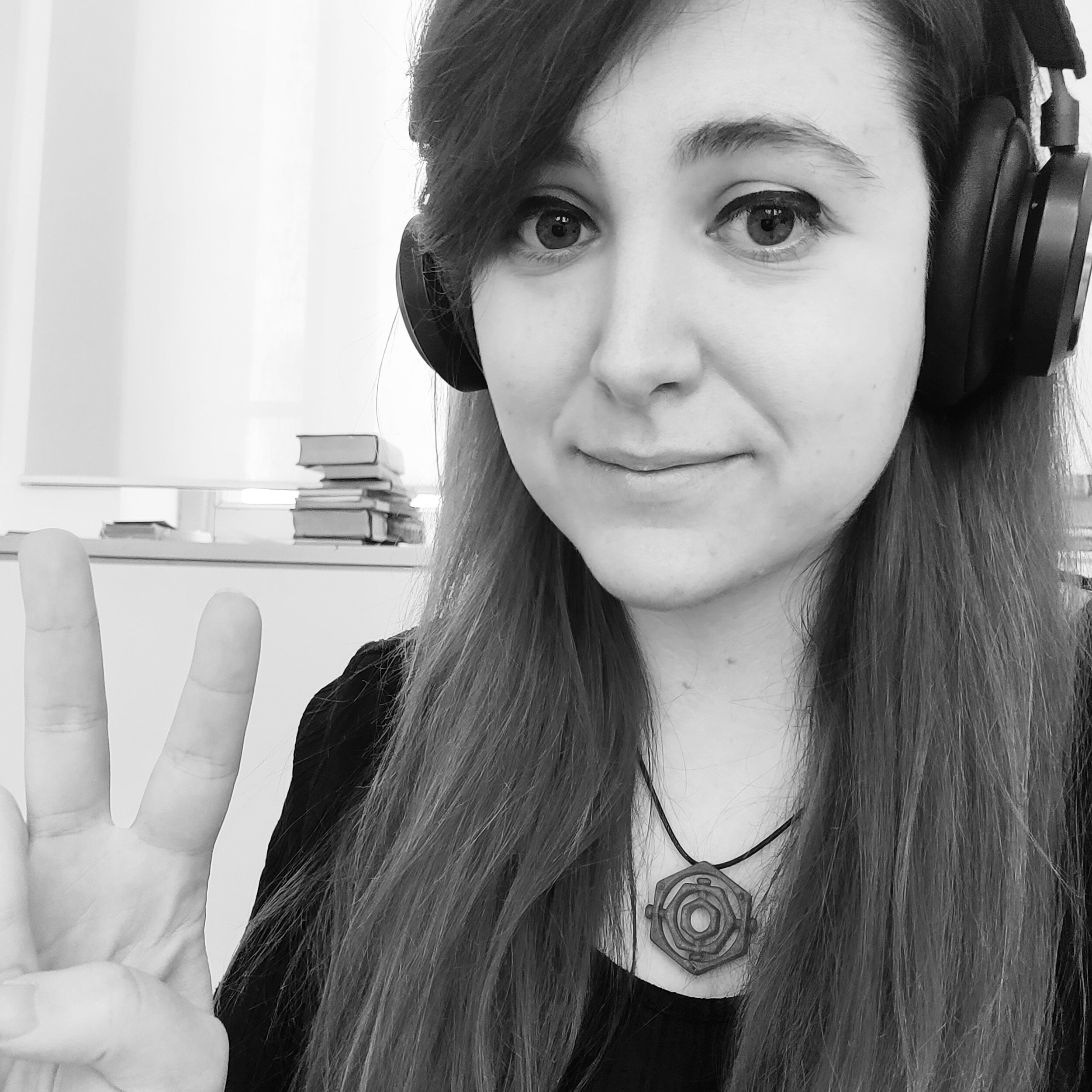
ALESSIA ROMANI
Ph.D. Candidate - Politecnico di Milano, Department of Design, Italy
Research Fellow – Politecnico di Milano, Department of Chemistry, Materials and Chemical Engineering “Giulio Natta”, Italy
www.piulab.it
Supervisors
Prof. Marinella Levi
Prof. Valentina Rognoli
Alessia Romani is a PhD candidate in Design at the Department of Design (Politecnico di Milano), and she currently works as Research Fellow at the Department of Chemistry, Materials and Chemical Engineering “Giulio Natta” of the same university. Her main research interests focus on the interdisciplinary connection between Design, Materials and Additive Manufacturing. She aims at bridging design and engineering through the lens of materials and digital technologies. Also, she is interested in new design strategies and approaches to additive manufacturing, new materials and finishing for design and additive manufacturing, parametric and computational design, design for sustainability and circular economy.
She is actively involved in two main research projects: “FiberEUse - Large scale demonstration of new circular economy value-chains based on the reuse of end-of-life fiber reinforced composites” (H2020 EU Funded project - Grant Agreement N. 730323-1) and “+Ability” (Codesign of 3D Printed Customized Assistive Technology). She previously took part in “NNCF – Noi Non Ci Fermiamo” project funded by Roche S.p.A. (Codesign of Assistive Technology for Rheumatic Diseases).
Alessia is currently part of +LAB, 3D printing lab of Politecnico di Milano, and she has joined the Materials Experience Lab after the beginning of her PhD path. Her PhD research aims at investigating the interdisciplinary link between design, materials and additive manufacturing in circular economy contexts, fostering the exploitation of new circular materials and strategies in the design practice. Previously, she received her BSc in Product Design in 2015 from Politecnico di Milano, and she obtained her MSc in Design & Engineering in 2018 (full marks) from the same university with a thesis focused on the codesign of 3D printed customized assistive technology developed at +LAB. During her studies, she also worked as a designer in the household appliances and textile fields.
Through her research experience, she had the opportunity to merge design research and materials engineering, gaining expertise at the intersection of the two disciplines. She also collaborated as teaching assistant and co-supervised MSc thesis of the two disciplinary fields (MSc in Design & Engineering, BSc and MSc in Materials and Nanotechnology Engineering). Moreover, she has authored publications in peer-reviewed journals, participated at international conferences and organized workshops focused on 3D printing, materials and design.
Current Project
DESIGN, MATERIALS AND ADDITIVE MANUFACTURING IN CIRCULAR ECONOMY CONTEXTS
Considering the exploitation of fossil derivatives for human activities, the importance of sustainability is going to constantly increase in the next years. New circular economy models should be investigated to reduce the human impact on earth. As a result, design, materials and digital technologies play a crucial role in this change, and a wider range of circular materials and design strategies should be implemented. Nevertheless, their combined integration in the design practice is still challenging, and designers are not always aware of these possibilities. At the same time, the potential applications of these materials and their experiential aspects are scarcely considered in the conventional development process.
The aim of this research is to investigate the interdisciplinary link between design, materials and additive manufacturing in circular economy contexts. At a later stage, the goal is to foster the integration of new circular materials and design strategies based on additive manufacturing in the design practice. Starting from specific case studies, the research will be focused on the investigation of new circular materials and design strategies for additive manufacturing through a design engineering experimental approach. Afterwards, new experiential tools will be developed to exploit the potential of emerging materials and strategies for new design applications in circular economy models.
Publications
Romani, A., Suriano, R., Mantelli, A., Levi, M., Tralli, P., Laurila, J., Vuoristo, P. (Forthcoming, 2021). Composite Finishing for Reuse. In: Systemic Circular Economy Solutions for Fiber Reinforced Composites.
Mantelli, A., Romani, A., Suriano, R., Levi, M., Turri, S. (2021, Forthcoming). Additive manufacturing of recycled composites. In: Systemic Circular Economy Solutions for Fiber Reinforced Composites.
Mantelli, A., Romani, A., Suriano, R., Levi, M., Turri, S. (2021) Direct Ink Writing of Recycled Composites with Complex Shapes: Process Parameters and Ink Optimization. Advanced Engineering Materials, In press.
Mantelli, A., Romani, A., Suriano, R., Diani, M., Colledani, M., Sarlin, E., Turri, S., Levi, M. (2021) UV-Assisted 3D Printing of Polymer Composites from Thermally and Mechanically Recycled Carbon Fibers. Polymers, 13, (5):726. https://doi.org/10.3390/polym13050726
Romani, A., Levi, M. (2020) Parametric Design for Online User Customization of 3D Printed Assistive Technology for Rheumatic Diseases. In: De Paolis L., Bourdot P. (eds) Augmented Reality, Virtual Reality, and Computer Graphics. AVR 2020. Lecture Notes in Computer Science, vol 12243. Springer, Cham. https://doi.org/10.1007/978-3-030-58468-9_14
Romani, A., Mantelli, A., Suriano, R., Levi, M., Turri, S. (2020) Additive Re-Manufacturing of Mechanically Recycled End-of-Life Glass Fiber-Reinforced Polymers for Value-Added Circular Design. Materials, 13, (16): 3545. https://doi.org/10.3390/ma13163545
Romani, A., Orlando, G., Convertino, R., Zappalà, F., Baldassin, R., Pisu, M.G., Lorè, A., Digioia, S., Brambilla, E., Marcato, G., Agresta, I., Basciu, F., Fausti, V., Ravalli, G., Mantelli, A., Levi, M., Donati, C. (2019). CoDesign, Stampa 3D e Medicina per la Progettazione di Prodotti personalizzabili d’Uso Quotidiano. In: Reumatismo, 71:286-93. Società Italiana di Reumatologia (SIR), Rimini. (Invited)
Romani, A., Mantelli, A., Levi, M. (2019) Circular Design for Value-Added Remanufactured End-of-Life Composite Material via Additive Manufacturing Technology. In: Segalàs, J., Lazzarini, B. (eds) Proceedings of the 19th European Roundtable for Sustainable Consumption and Production – Circular Europe for Sustainability: Design, Production and Consumption, Book of Papers (1): 491-512. Universitat Politècnica de Catalunya, Barcelona.
- Joren Wierenga

Joren wierenga
BioLab Technician – Delft University of Technology, The Netherlands.
SUPERVISORS
Prof. Dr. Elvin Karana
Joren Wierenga is a research technician for the BioLab at the Faculty of Industrial Design Engineering. Joren holds a BSc and MSc in Biology and Marine Sciences respectively, both from Utrecht University. In 2016 Joren started a PhD at the University of Geneva in microbial ecology. During his PhD Joren focused on how environmental factors affect the interaction between phytoplankton and parasitic fungi. To this end he gained experience in prototyping and building several experimental set-ups and growing different types of micro-organisms under varying conditions. After finishing his PhD at University of Geneva he wanted to expand his horizons to work on more diverse projects. Joren joined the group to run the new BioLab and to support the PhD-students with their projects.
- Barbara Pollini

BARBARA POLLINI
Ph.D. Candidate - Politecnico di Milano, Department of Design, Italy
Supervisor
Since 2010 I have been dealing with sustainable design; specializing with a Master in Ecodesign and Eco-innovation, where I learned a life cycle design approach, and a Master's Degree in Computational Design, where I deepened the integration of biomimicry for the development of new materials, based on generative modelling and additive manufacturing.
Over the years, I have researched D4S from different perspectives: as a designer, educator and consultant, deepening in recent years the topic of sustainable materials (mainly circular, organic, waste-based and biofabricated ones), paying attention to both industrial production and self-production phenomena, such as DIY-Materials. Matter, and its management in the design process, are often crucial in the environmental impact of products and services; for the same reason, materials can become a turning point in innovation and sustainability for future productions. This is the case for materials made from and with living organisms, which are today the focus of my PhD research. With a transdisciplinary approach combining material design, biology and ecology, the study investigates how this new emerging materiality can be framed in the context of sustainable design. As a PhD candidate, I have been involved in the EU-funded project "MaDe: Material Designers. Boosting Talent towards Circular Economy". Currently, I'm involved in the research project "De_Forma: Design Explorations on bio-Fabricated Organic Materials" in Politecnico di Milano; I'm a Visiting PhD student at ITESO, Universidad Jesuita de Guadalajara, Mexico, collaborating with Materioteca ITESO and lecturing for the course of Circular Materials; I'm sharing my research path(s) on healing-meterialities.design, an online observatory where I'm making available tools, publications and expert interviews on biodesign and biofabricated materials.
Current Project
HEALING MATERIALITIES FROM A BIODESIGN PERSPECTIVE
My research focuses on those material scenarios based on the regenerative processes of resources instead of depletion. Including both living materials (made of and with living organisms) and life-enabling materials (inert materials welcoming and supporting life), this study develops in a context of multispecies design.
The research intersects the constantly evolving concept of sustainability, the material design discipline, and biodesign – the latter being a radical approach based on the integration of living organisms as functional components in the design process. The study originates from a transdisciplinary approach, adopted to understand the implications that living materials can have on sustainable design, aiming to define the boundaries of newly designed materialities where the final goal is to support life.
The conceptual framework deriving from this research is defined as Healing Materialities, highlighting the reconciling and repairing attitude of these materials, and framing them in a regenerative design perspective.
My research path is available via an online observatory where tools, publications, and interviews with experts are shared (beta version accessible here).
Publications
Pollini, B. (2021). Sustainable design, biomimicry and biomaterials: exploring interactivity, connectivity and smartness in Nature. Chapter in: Rognoli, V., Ferraro, V (Eds.), “ICS Materials: interactive, connected, and smart materials”, Franco Angeli, Milano. pp 60–73
Rognoli V., Ayala-Garcia C., Pollini B. (2021). DIY Recipes. Ingredients, Processes and Materials Qualities. Chapter in: Clèries L., Rognoli V., Solanki S. e Llorach P. (Eds.), “Material Designers. Boosting talent towards circular economies”, Elisava School of Design and Engineering, Barcelona.
Pollini B., Lavagna M., Rognoli V. (2020). LCA-based material selection in the early stages of design: environmental benefits, tools, obstacles and opportunities. IX Conference of the Italian LCA Network Association, Cortina d'Ampezzo (BL).
Pollini B., Pietroni L., Mascitti J., Paciotti D. (2020). Towards a new material culture. bio-inspired design, parametric modeling, material design, digital manufacture. In Perriccioli M., Rigillo M., Russo Ermolli S., Tucci F., Design in the Digital Age. Technology, Nature, Culture (pp. 208-212). Bologna: Politecnica University Press, Maggioli editore.
Rognoli V., Santulli C., Pollini B. (2017). DIY-Materials design as an invention process. DIID. Disegno industriale, Industrial Design, vol.62/63, pp.9-17, Rome.
Pollini B., Maccagnan F. (2017). Thinking with our hands. Materia Rinnovabile / Renewable Matter N°19, December2017/January2018, ISSN 2385-2240, edited by Edizioni Ambiente
- Elvin Karana
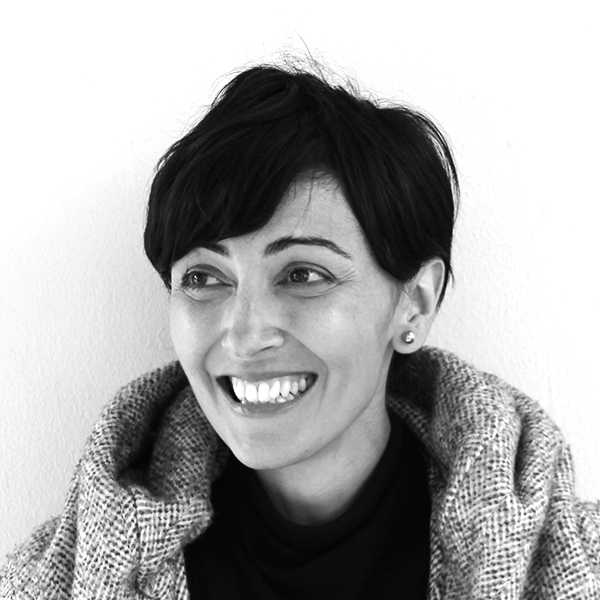
Prof. DR. Elvin Karana
Professor - Delft University of Technology
Co-Founder and Co-Head of Materials Experience Lab - The Netherlands
Elvin Karana is Professor of Materials Innovation and Design in the Faculty of Industrial Design Engineering at Delft University of Technology. Giving emphasis to materials’ role in design as experiential and yet deeply rooted in their inherent properties, Elvin explores and navigates the productive shifts between materials science and design for materials and product development in synergy. Over the last years she developed theories, tools and methods to enable the understanding of materials experience actionable in material-driven design practice. In 2015, she co-founded the international research group Materials Experience Lab with Valentina Rognoli (Politecnico di Milano). Elvin has over 80 scientific publications in peer reviewed journals and conferences. She is the main editor of Materials Experience: Fundamentals of Materials and Design (Elsevier, 2014). In 2019, she founded the creative biodesign research lab Material Incubator, that aims at designing materials that incorporate living organisms, and exploring their potential in fostering an alternative notion of the everyday. Material Incubator brings together researchers and practitioners from Avans University of Applied Sciences and Delft University of Technology.
- Ziyu Zhou

ziyu zhou
Ph.D. Candidate - Politecnico di Milano, Department of Design, Italy
Visiting PhD student – Offenbach University of Art and Design (Hochschule für Gestaltung Offenbach am Main), Institute for Materialdesign, Germany
Supervisor
Prof. Manuela Celi
Ziyu Zhou is a Ph.D. candidate in Politecnico di Milano, Department of Design. Through analyzing the teaching and learning process on materials in design, she is devoting her research on exploring what materials and material education can bring to design students, and, most importantly, how do they work. She is committed to clarifying the explanation on relationships mainly between materials experience and the design teaching and learning activities.
Prior to this, in 2015, Ziyu obtained her Bachelor degree in Industrial design in Jiangnan University, Wuxi, China. In the same year, she starts her Master study in Product Service System Design in Politecnico di Milano, Department of Design, Italy. During her study, she gained lots of experience and skills on product design and design thinking through a series of national projects / international design competitions. Also, she has proficient communication abilities as a designer through learning under differentiated cultures. In 2016, she attended the course “Designing Materials Experience” by Valentina Rognoli and started her story on materials and design fortunately. After one year in 2017, she got her Master degree through the graduation project: DIY bioplastic Club. With the integration of her knowledge in DIY materials, product design, service system design and interactive design, through designing a toolkit on enabling people to make their personalized DIY bioplastics, she started her research on how people view and use the materials experience to enrich their ideas and design.
The main topics of Ziyu’s research and practice are situated in the intersection between: [1]The generic process, methodologies and spaces in educating design students on materials and through materials; [2] Emerging activities applying material experience into design education; [3] Development and creative practices in material-driven design; [4] Multisensory design with materials; [5] self-production, DIY, trans-disciplinary practices for materials generation.
Current Project
MATERIAL EDUCATION FOR DESIGN
The relationship between materials and design is already being clarified by many scholars. With the perspective-changes on material and design in the past and the present, material potentially influences on our views on design. Nowadays, the education of materials for design is not restrained in listing the knowledge about materials and their technical attributes which can fit design, but emphasized on guiding students to learn how to provoke experience to users, with different choices of materials or even create new materials. Sensorial-expressive characterization of materials is getting more attention from design educators and students in the start of material investigations. Starts from these viewpoints towards materials in design and design education in recent years, this research will take our sight onto how could material drive innovation and facilitate the higher design education, through inspiring students’ design thinking and gaining design their design abilities comprehensively.
Publications
Zhou, Z. (2020). Engaging Material Education in Design. The Design Journal, 24(1), 149-159. DOI: 10.1080/14606925.2020.1830549
Zhou, Z., Rognoli, V., & Celi, M. (2020). Features of material exploration projects emerged in design schools. In Conference Proceedings EDUNOVATIC 2020 (pp. 704-709). Redine.
Zhou Z., Rognoli, V. (2020). Designing Materials and Material Designers: Research by DIY-Materials Research Group. ZHUANGSHI Journal, 2020 (01. Total No. 321):17-23
Zhou Z., Rognoli, V. (2020). Material Education: New Training, New Skills. Chapter in MaterialDesigners Book.
Zhou, Z., & Rognoli, V. (2019). Material Education in Design: From Literature Review to Rethinking. In Fifth International Conference for Design Education Researchers (pp. 111-119). METU Department of Industrial Design.
Zhou. Z.; Rognoli. V.; Ayala-Garcia. C. (2018), Educating designers through Materials Club, 4th International Conference on Higher Education Advances (HEAd’18), http://dx.doi.org/10.4995/HEAd18.2018.8206
Material is a Medium. It communicates ideas, beliefs, approaches; compels us to think, feel and act in certain ways; enables and enhances functionality and utility. Materials Experience emphasises this role of materials as being simultaneously technical and experiential.
News & Events
